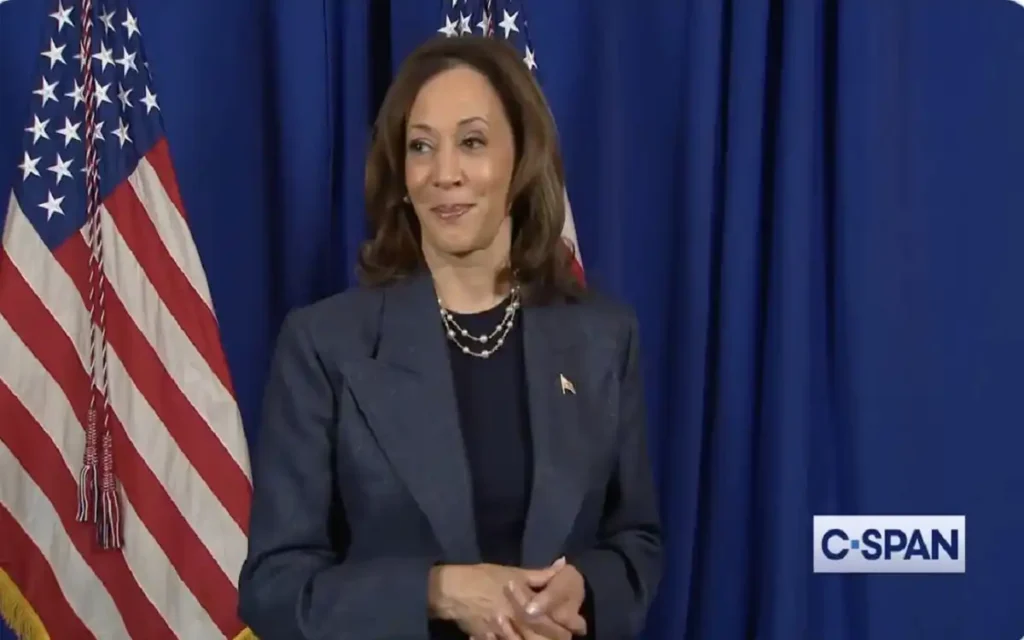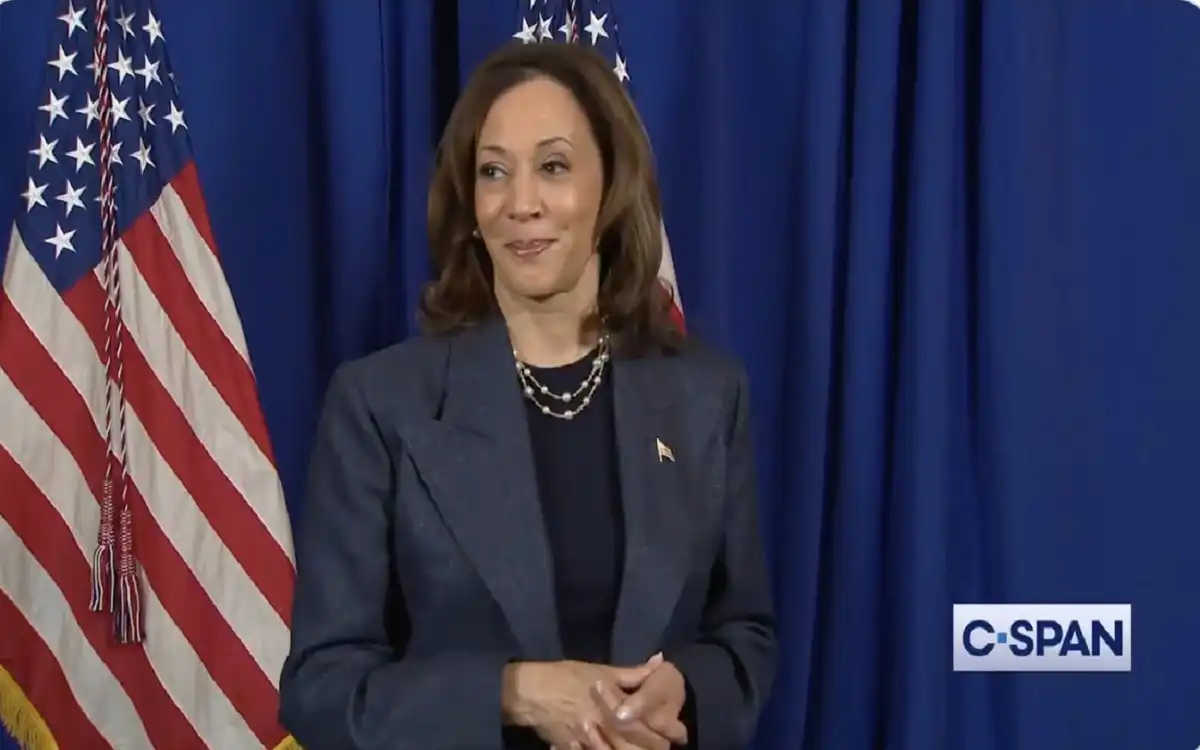|
Getting your Trinity Audio player ready...
|
In a significant development that has intensified California’s ongoing debate over criminal justice reform, Vice President Kamala Harris has notably declined to take a position on Proposition 36, a measure aimed at reforming the controversial Proposition 47 that she helped implement during her tenure as California’s Attorney General.
The Prop 47 Legacy
Proposition 47, dubbed the “Safe Schools and Neighborhoods Act” when it was introduced in 2014, has become a focal point of California’s criminal justice conversation. Under Harris’s oversight as Attorney General, the measure was implemented with promises of creating a more equitable justice system. However, critics argue it has led to unintended consequences in public safety across the state.

The damage to our state has been clear,
states Mark Rodriguez, a criminal justice analyst at the California Policy Center.
What started as a reform initiative has evolved into a significant challenge for law enforcement and prosecutors attempting to maintain public safety standards.
Current Reform Movement
The push for reform through Proposition 36 comes amid growing concerns about the implementation and effects of Prop 47. Several California districts have witnessed significant shifts in their prosecutorial leadership, highlighting the public’s changing attitudes toward criminal justice policies:
- San Francisco’s Experience: The successful recall of District Attorney Chesa Boudin marked a pivotal moment in the reform movement
- Oakland/Alameda County: District Attorney Pamela Price faces mounting recall pressure
- Los Angeles County: DA George Gascon’s tenure has become emblematic of the broader debate over prosecution policies
Harris’s Historical Role
As California’s Attorney General in 2013, Harris held significant responsibility in crafting the ballot measure language for Proposition 47. Legal experts note that her office’s role in shaping the initiative’s presentation to voters makes her current silence on Prop 36 particularly noteworthy.
Professor James Chen of UC Berkeley Law School notes:
The Vice President’s historical connection to Prop 47 makes her position on its reform especially relevant to California voters.
Political Implications
Harris’s refusal to declare a position on Prop 36 has sparked discussion about potential political ramifications. Political analysts suggest this stance could influence voter perspectives, particularly among Californians directly affected by criminal justice policies.
This should have been a straightforward decision for the Vice President,
says Political analyst Sarah Martinez.
Her silence speaks volumes to voters who have experienced the effects of Prop 47 firsthand.
Reform Momentum
The movement to reform Prop 47 has gained significant traction, backed by:
- Law enforcement organizations
- Business associations
- Community safety groups
Looking Ahead
As California approaches this crucial vote, the debate over criminal justice reform continues to evolve. The outcome of Proposition 36 could signal a significant shift in the state’s approach to criminal justice policy, regardless of Harris’s position.
This article reflects verified information and historical context while maintaining journalistic integrity regarding ongoing developments in California’s criminal justice reform landscape.
For More News Update Visit California News



